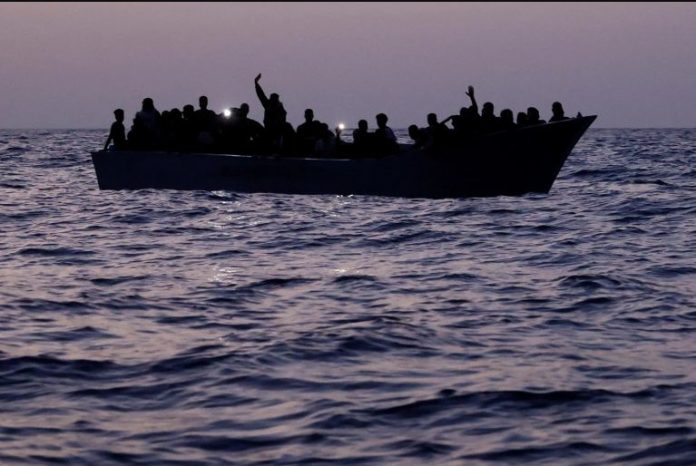Tartous: Dozens of people have died after a boat carrying migrants and refugees from Lebanon capsized off Syria’s coast, according to the Syrian and Lebanese governments.
On Friday, the Lebanese transport minister said that 71 people had died in Thursday’s disaster.
The Syrian government had previously said that 20 survivors were being treated in Basel hospital in Tartous.
The Syrian transport ministry cited survivors as saying the boat left from Lebanon’s northern Minyeh region on Tuesday with between 120 and 150 people onboard.
Samer Qubrusli, the Syrian director general of ports, said search operations were ongoing on Friday. He had previously said that rough seas and strong winds had made the rescue operation difficult.
The incident is one of the deadliest since a surging number of Lebanese, Syrians, and Palestinians have tried to flee crisis-hit Lebanon by sea to Europe.
Some of those who died on the boat were from Akkar, an impoverished region in the far north of Lebanon.
Al Jazeera’s Zeina Khodr visited the home of a family whose relatives were on board, as people gathered to pay their respects.
The family had buried two young girls on Friday morning, and were still waiting for news about the fate of the girls’ two brothers, as well as their mother. The father is in hospital across the border in Syria.
“There’s a lot of grief here, people are in shock,” said Khodr. “They don’t understand why they don’t have much more information.”
Family members had explained to Khodr that the father had decided to try to go to Europe, despite the risks, because of the ongoing financial crisis in Lebanon, and the lack of opportunities there.
“We’ve spoken to people who’ve survived being in a boat that capsized and what they tell us is we’re going to keep doing it again and again, because there are no jobs,” Khodr added.
In Lebanon alone, tens of thousands of people have lost their jobs and the Lebanese pound has dropped more than 90 percent of its value, eradicating the purchasing power of thousands of families that now live in extreme poverty. –Agencies




